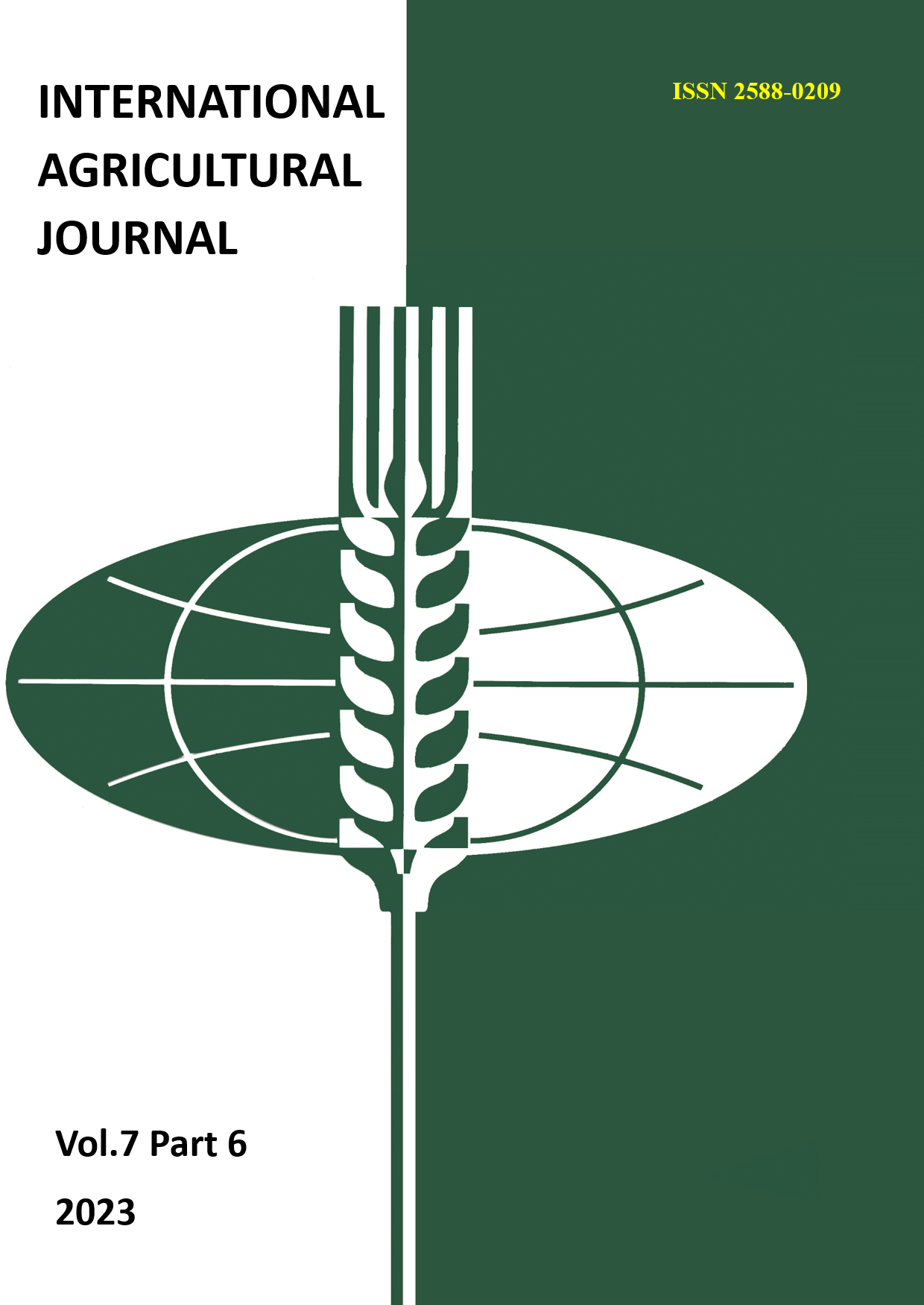MANAGEMENT AND CONTROL OF INNOVATIONS AS A FACTOR IN THE IMPLEMENTATION OF THE PRINCIPLES OF SUSTAINABLE DEVELOPMENT AND CYCLE ECONOMICS: INDUSTRY ASPECT
Main Article Content
Abstract
The study reveals the problems of introducing the paradigm of sustainable development and cycle economics in industry complexes that have a significant impact on the environmental component. The article considers the specific problems of interaction within the supply chain of resources of the timber industry and the creative industry ("social marketing-design-art-printing"), in which there is a contradiction between the goals of environmental safety and social protection (responsibility) of various groups of stakeholders in society. The authors propose to use eco-innovations in technological solutions and the principles of closed-loop economics to resolve such contradictions.
The research materials are presented by scientific literature and observational data of enterprises of the pulp and paper, woodworking industry and enterprises of socially oriented art printing with relevant analytical industry data.
Research methods: communicative research methods (narrative analysis, concept analysis, case analysis), abstract review of scientific literature and best practices of the industry, comparative analysis.
The key problems of parity of goals for minimizing environmental impact while respecting social obligations while creating added value within the supply chain "timber industry - a creative socially oriented industry" is identified. An approach is proposed to promote technological and organizational-managerial innovations focused on the economy of the cycle to solve the identified problems.
The results of the study can be useful in further research on the problems of cycle economics in the timber industry, in the development of strategies and programs for industry regulation and development, enterprise management and in the educational process.
Article Details
References
2. Kosonogova, E. S. Eko-kommunikaciya kak instrument prodvizheniya \"zelenyh\" tekhnologij v poligraficheskom komplekse / E. S. Kosonogova, A. Yu. Pasechnik // Sovremennye aspekty ekonomiki. – 2022. – № 5-2(297). – S. 4-11. – EDN MZYIAH.
3.Paul W. Griffin, Geoffrey P. Hammond, Jonathan B. Norman, Industrial decarbonisation of the pulp and paper sector: A UK perspective, Applied Thermal Engineering, Volume 134, 2018, Pages 152-162, ISSN 1359-4311, https://doi.org/10.1016/j.applthermaleng.2018.01.126.
4.Davide Chiaroni, Luca Fraccascia, Ilaria Giannoccaro, Andrea Urbinati, Enabling factors for the diffusion of circular economy and their impacts on sustainability, Resources, Conservation & Recycling Advances, Volume 15, 2022, 200101, ISSN 2667-3789, https://doi.org/10.1016/j.rcradv.2022.200101
5.Quim Tarrés, M. Àngels Pèlach, Manel Alcalà, Marc Delgado-Aguilar, Cardboard boxes as raw material for high-performance papers through the implementation of alternative technologies: More than closing the loop, Journal of Industrial and Engineering Chemistry, Volume 54, 2017, Pages 52-58, ISSN 1226-086X, https://doi.org/10.1016/j.jiec.2017.05.016..
6.Monika Klein, Laima Gerlitz, Monika Spychalska-Wojtkiewicz, Cultural and creative industries as boost for innovation and sustainable development of companies in cross innovation process, Procedia Computer Science, Volume 192, 2021, Pages 4218-4226, ISSN 1877-0509, https://doi.org/10.1016/j.procs.2021.09.198.
7.Sílvia Escursell, Pere Llorach-Massana, M. Blanca Roncero, Sustainability in e-commerce packaging: A review, Journal of Cleaner Production, Volume 280, Part 1, 2021, 124314, ISSN 0959-6526

